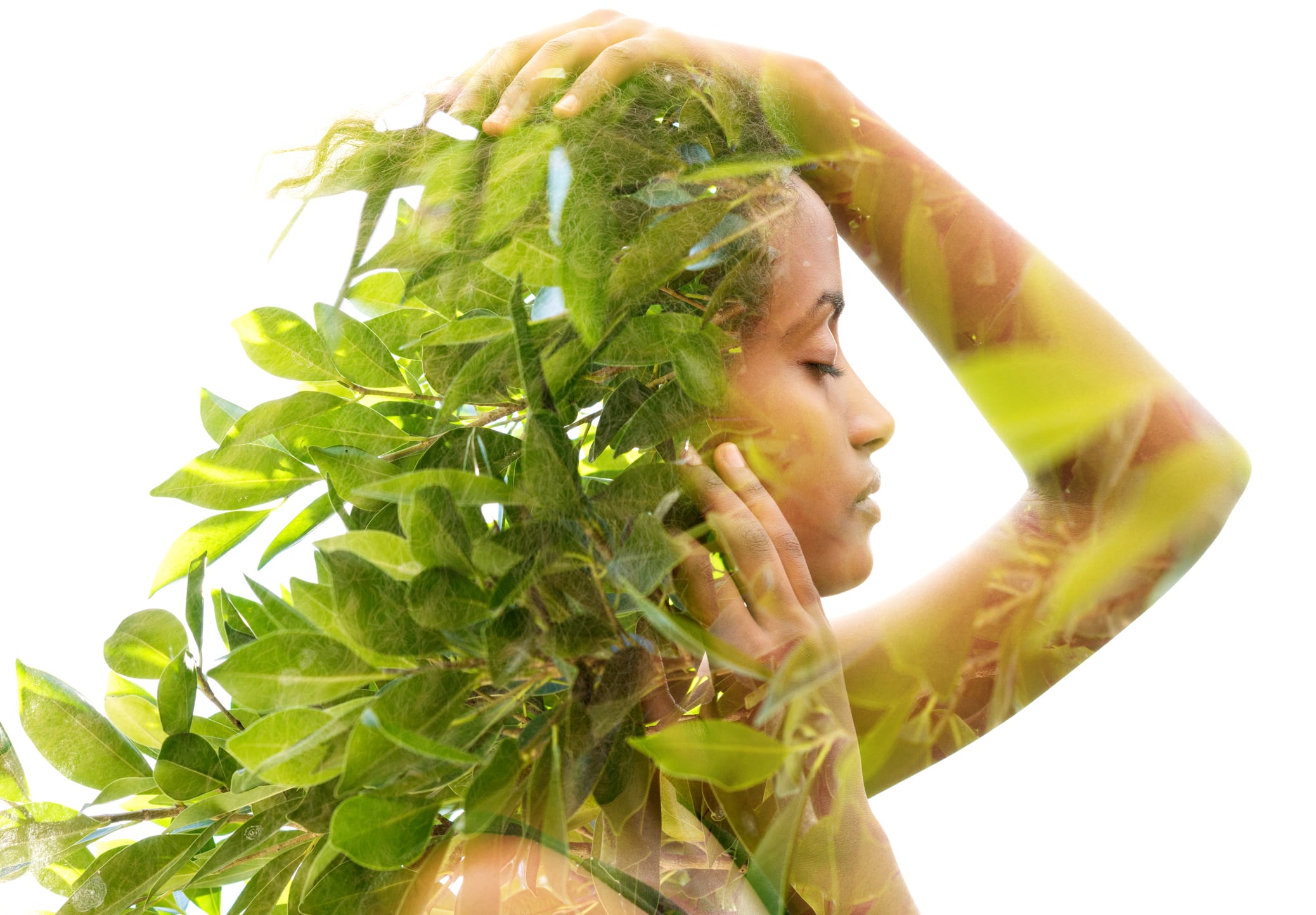Non-profit the EcoBeautyScore Association took three years to develop its official scoring system, which measures the environmental footprint of beauty products.
It was created in collaboration with over 70 cosmetics and personal care companies and associations and is based on the EU’s Product Environmental Footprint (PEF) methodology.
It’s a voluntary scheme for product manufacturers who wish to measure the environmental impact score of their products and communicate this to consumers. Via the system, products are rated from A to E depending on their impact on land, water and air throughout their entire product lifecycle.
According to Jean-Baptiste Massignon, MD at EcoBeautyScore Association at EcoBeautyScore, the methodology and platform have been reviewed and verified by external experts and brands, and it will be regularly audited and certified by an independent third-party.
“Today’s landscape is filled with various eco-labels and claims – many well-intentioned, but not always consistent or comparable,” he said, explaining why the system was created.
“This creates confusion for consumers and opens the door to greenwashing, where environmental messaging may be more about marketing than measurable impact.”
Assesses the impact of the full life cycle
Massignon said he believed this system is unique in comparison to other scoring systems, noting that:
- It’s LCA and PEF-based, meaning it assesses the impact of a product across its full lifecycle, including the use phase by the consumer.
- The EBS footprint assessment looks at 16 different impact categories as defined in life cycle assessment methodology – whereas other schemes only look at a few select environmental properties.
- Measurement of the environmental impact covers the whole product (formulation and packaging), offering a holistic assessment.
- It has been developed in close collaboration with cosmetics manufacturers across four continents to provide a global framework for the whole industry that is tailored to the specificities of beauty products.
The new rating system has started out with four product sub-categories: shampoo, conditioner, body wash and face care, and will gradually expand to cover the full range of beauty products, and will expand internationally, too.
Massignon explained that the EcoBeautyScore is “based on a common, science-driven methodology.”
“The score enables consumers to easily compare the environmental impact of like-for-like products. A score of ‘A’ indicates a product amongst the lowest environmental impact, whereas products with an ‘E’ score amongst the highest environmental impact of products on the market,” he continued and added that the rating system has also “undergone multiple rounds of critical review by independent product life cycle environmental impact assessment experts and has also been submitted to two rounds of Public Consultation to invite input and review from interested stakeholders.”
L’Oréal Paris, Neutrogena, Nivea Q10, Eucerin and more
Brands such as L’Oréal Paris, Neutrogena, Nivea Q10, Eucerin and others have already started to publish scores in some markets across Europe and UK.
Global head of product resiliency and sustainability at Kenvue, Oliver Price, explained he appreciated the EcoBeautyScore method’s robust scientific and third party-assured approach to measure and communicate the environmental impact of cosmetic product.
He said that Kenvue is now integrating the EcoBeautyScore scoring system into its product development process, with the aim to enhance the environmental performance of its products. “Ultimately, we expect the EcoBeautyscore collaboration will drive improved consumer awareness and innovation across the industry,” he said.
Meanwhile, global claim advisor at Beiersdorf R&D, Anke Pilzner, said the initiative “truly aims to provide full transparency to consumers” and highlighted that the tool was developed jointly within the industry and covers the whole lifecycle of products.
“No other transparency label takes such a holistic approach,” she said.





